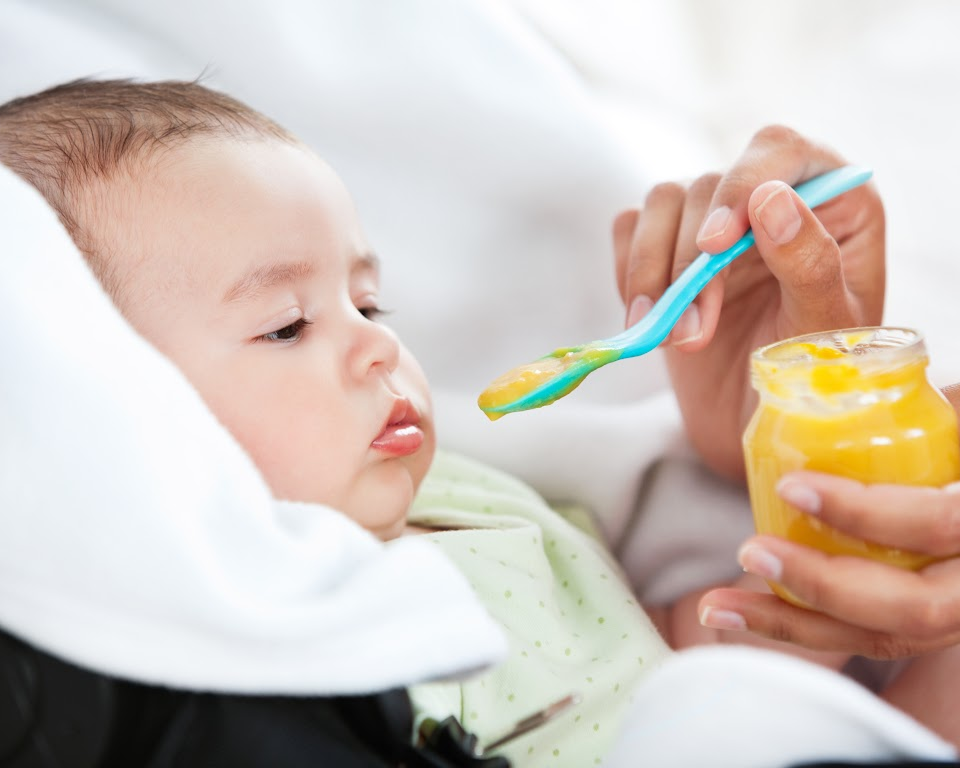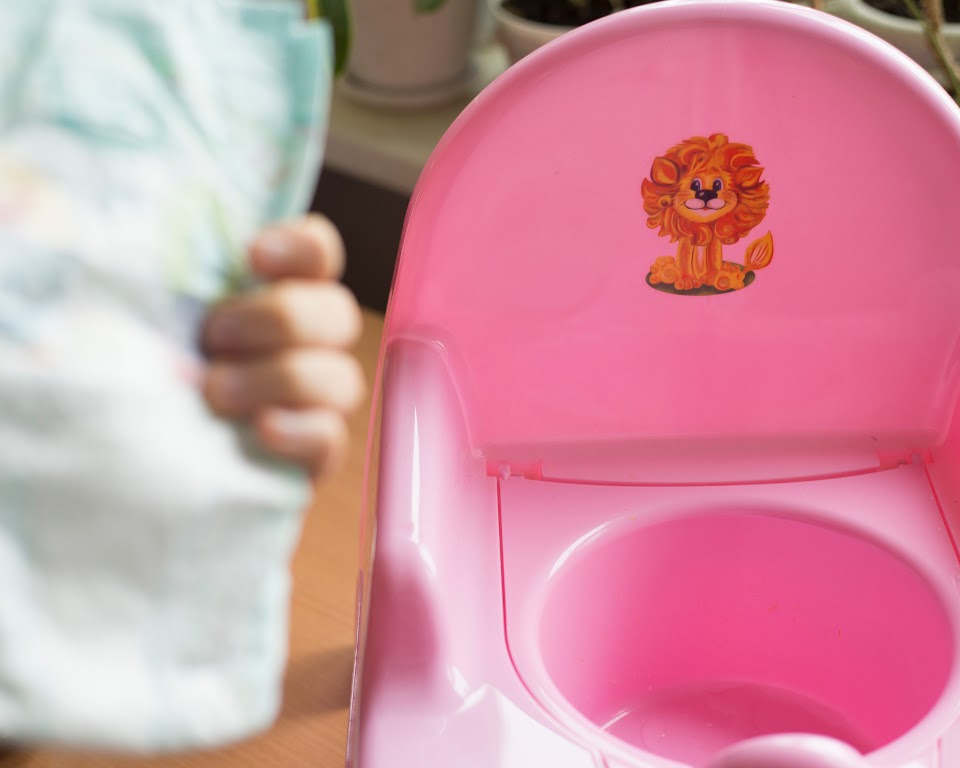Understanding how to communicate with a nonverbal autistic child is a challenge many parents, caregivers,…

Baby Food Linked to Autism: Facts You Need
Understanding the factors that contribute to autism spectrum disorder (ASD) has become a major concern for parents and healthcare providers alike. Amidst this, concerns about the autism risk from baby food have surfaced, stirring debates and worries.
At the core of these discussions lies the question: Could an autism connection to baby food exist? Sending waves through the community, this possibility prompts a deep dive into the ingredients and nutritional impact of early dietary choices.
In an effort to break down complex information and provide clear insights, we’ll examine what current research says about the potential baby food and autism risk. While theories continue to evolve, it’s critical to approach this delicate topic with a balance of scrutiny and science. As we navigate facts and myths, our goal is to empower parents with knowledge to make informed decisions for their little ones.
Understanding Autism Spectrum Disorder and Dietary Factors
Autism Spectrum Disorder (ASD) remains a subject of intense scrutiny as researchers work to unravel its complex origins. Among the many avenues investigated, the role of dietary factors has garnered significant attention. With a multitude of theories suggesting potential environmental triggers, the concern over a linkage between autism and baby food persists in the public consciousness, propelling ongoing autism and baby food research.
The Complexity of Autism and Potential Dietary Triggers
Foundational to the understanding of autism is its intricacy, which arises from an interplay of genetics and environment. Early brain development is particularly sensitive, with disruptions potentially leading to ASD. Such disruptions can be induced by genetic mutations, certain environmental exposures, or even prenatal influences. While autism and baby food are frequently discussed in tandem, it’s the broader dietary pattern that may hold more significant clues. Nutrition during pregnancy, the diversity of foods introduced to infants, and broader diet-related influences on the gut microbiome collectively contribute to the conversation about baby food causing autism.
Scientific Studies on Baby Food and Autism Connection
An extensive array of studies, including those published in revered journals such as the Journal of Autism and Developmental Disorders and Pediatrics, provide valuable insights. The consensus among these studies indicates a lack of conclusive evidence linking baby food to the onset of autism. Instead, aspects like prenatal nutrition and breastfeeding practices have come to light as protective factors. Emphasizing the importance of a balanced diet and strategic developmental screenings, these studies enhance our understanding without confirming the suspected baby food and autism link. They play an essential role in guiding parents and healthcare providers towards informed, health-driven dietary choices for infants, which may mitigate the risk of developmental disorders.
Baby Food Linked to Autism: Separating Myths from Science
Recent headlines have sparked a fervent discussion on the relationship between baby food and autism risk. With the courtroom as a backdrop, accusations have surfaced that trace amounts of toxic heavy metals in some baby foods could play a role in the development of neurodevelopmental disorders, including autism spectrum disorder (ASD) and attention-deficit/hyperactivity disorder (ADHD).
The baby food industry, backed by the Food and Drug Administration (FDA), consistently reassures consumers that these elements are kept at levels deemed safe by current guidelines. This clash of perspectives has ignited a critical debate and spurred calls for more rigorous regulations concerning the permitted levels of heavy metals in baby food products.

To navigate the myriad of concerns, here are some practical steps parents can consider:
- Research and select baby food brands that prioritize low levels of heavy metals.
- Engage pediatricians or dietitians in conversations about dietary choices for infants.
- Consider a diverse diet to minimize the risk associated with any single food source.
- Stay informed about the latest regulatory changes and safety standards.
It is essential for caregivers to discern between baby food and autism symptoms and associations versus causation. The ongoing scientific inquiry does not currently draw a direct line from baby food to increased ASD risk, allowing the myth to be separated from what is upheld by the broader scientific community.
As we await further studies, the responsibility rests on stakeholders from food manufacturers to policymakers to safeguard children’s health. Consumers, empowered by knowledge and engaged in dialogue with healthcare professionals, play a crucial role in ensuring their child’s well-being and optimal development.
How Environmental Toxins in Baby Food Might Affect Children
Concerns around the autism risk from baby food have intensified in discussions amongst parents and health experts alike. The crux of the issue lies in the fact that heavy metals, which are widely found in the environment, have been detected at various levels in baby foods – a cause for alarm considering the delicate nature of infant development. These metals, including arsenic, lead, and mercury, have potential associations to neurodevelopmental disorders, including the risk for autism spectrum disorders (ASD).
Given these concerns, there’s a growing demand for deeper scrutiny into how these environmental toxins are managed within the food industry, particularly where infant nutrition is concerned. While baby food linked to autism remains a highly nuanced and complex topic, it is critically important for regulatory agencies to ensure the safety of food products designated for our youngest and most vulnerable population.
The Presence of Heavy Metals in Baby Foods
Babies are particularly susceptible to the dangers posed by heavy metals due to their developing brains and smaller size. The presence of contaminants like arsenic in rice-based products or lead in certain fruit juices has sounded alarm bells across the parenting community. Furthermore, the autism connection to baby food becomes a pivotal concern for those seeking to maintain an optimum dietary regimen for their children. To protect infants, it’s essential to understand the levels of these metals in baby foods and to strive to minimize their occurrence through vigilant agricultural and manufacturing practices.
Regulatory Standards and the Role of the FDA
While the FDA has set advisory levels for heavy metals in baby foods, such as arsenic in infant rice cereal, the measures are not legally binding. This has led to calls for stronger regulatory oversight and enforceable standards to lower the autism risk from baby food. The pediatric health community and concerned parents are advocating for change that will lead to stringent testing and clearer safety guidelines. Nevertheless, the current findings on autism connection to baby food and the presence of heavy metals require broader consensus and further research to establish a definitive link.

Conclusion
As current baby food and autism research continues to evolve, understanding the intricate landscape of autism’s causes remains a paramount concern for scientists, parents, and food manufacturers alike. The attention drawn to the potential risks of heavy metals in baby foods and their theoretical correlation to autism symptoms has prompted extensive baby food and autism studies. To date, thorough scientific examinations have yet to establish a definitive tie between baby food ingredients and autism spectrum disorders (ASD).
The ongoing discourse is reflective of a society committed to ensuring the well-being of its youngest members. This commitment translates into an insistence on rigorous food safety standards and a transparency that empowers parents with the knowledge to make cautious nutritional decisions for their children. Emphasizing the importance of informed choices, healthcare professionals and agencies consistently recommend that parents and caregivers seek advice from nutritionists and pediatric specialists when concerns about diet and health arise.
Ultimately, the collective efforts in research and advocacy are instrumental in steering the narrative towards a future where baby food safety is not in question, and the management of autism’s complex causes is better understood. It is imperative that all stakeholders food producers, regulatory bodies, healthcare providers, and families continue to engage in this critical dialogue and push for elevated standards in the production of baby foods, ensuring their safety and contributing to the overall health and development of children.
FAQs
Is there a risk of autism from baby food?
No conclusive evidence has been found that baby food causes autism. Research to date has not supported the idea that the contents of baby food are a significant risk factor for autism spectrum disorder (ASD).
What is the connection between baby food and autism?
While there has been concern over the presence of heavy metals in some baby foods, there is currently no scientific consensus that baby food is connected to autism. Investigations are ongoing into the impact of heavy metals, but no direct causal link has been established.
Can dietary triggers cause autism?
Autism is a complex disorder with genetic and environmental factors at play. Although diet influences overall health, current research does not identify any specific dietary triggers that cause autism.
What do scientific studies say about a link between baby food and autism?
Scientific studies, including those published in the Journal of Autism and Developmental Disorders and Pediatrics, have not found a link between baby food and the development of autism. More research is needed to fully understand ASD’s causes and risk factors.
Are there any symptoms of autism related to baby food consumption?
Symptoms of autism are not directly linked to baby food consumption. Instead, autism symptoms are generally related to social, communication, and behavioral challenges, and should be evaluated by a healthcare professional independent of diet unless specific dietary sensitivities are identified.
What heavy metals are found in baby foods, and are they harmful?
Some baby foods have been found to contain heavy metals like arsenic, lead, and mercury, which can be harmful at high levels. However, most products are reported to be within the safety guidelines set by regulators. Parents are advised to consult healthcare providers and choose baby foods with lower levels of these metals.
What is the FDA’s role in regulating heavy metals in baby food?
The FDA sets advisory levels for heavy metals in baby foods, aiming to protect public health. These advisories are not strict legal standards but serve as guidelines for manufacturers. The FDA continues to evaluate these levels and work on reducing heavy metals in all foods, including baby food.
Should I stop feeding my child baby food due to concerns over autism?
No, you should not stop feeding your child baby food based on autism concerns. It’s important to provide a balanced and nutritious diet, and baby food can be a part of that. Consult with a pediatrician or dietitian if you have concerns about your child’s diet and health.
How can I choose the safest baby food for my child?
To choose the safest baby food, look for products with low levels of heavy metals, opt for a variety of foods to minimize exposure, and consider homemade options where you control the ingredients. Always check for recalls and advisories from the FDA and consult healthcare professionals for personalized advice.



This Post Has 0 Comments